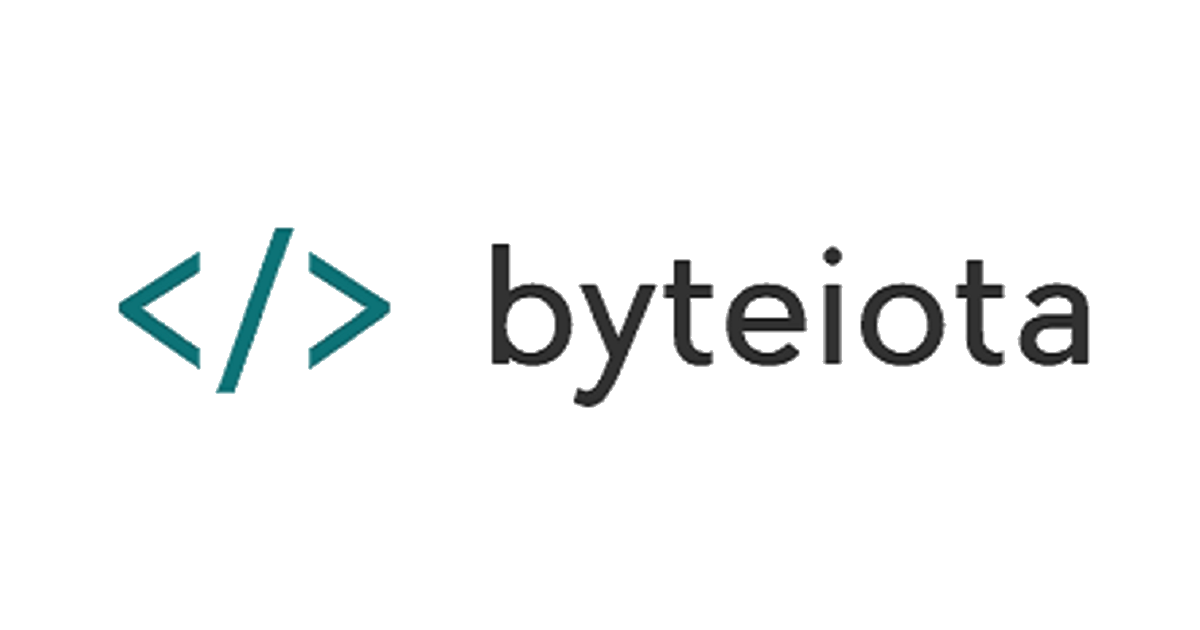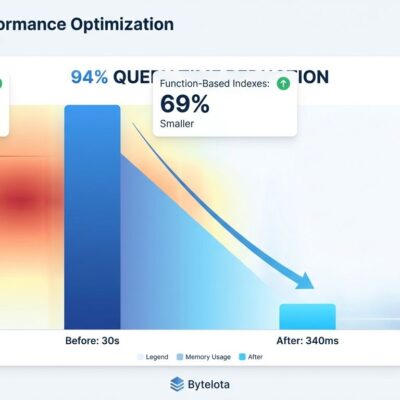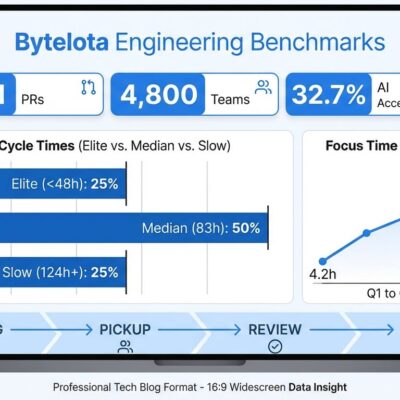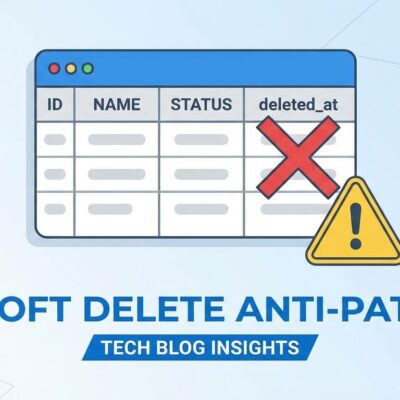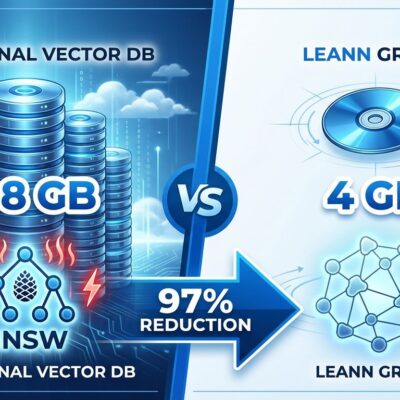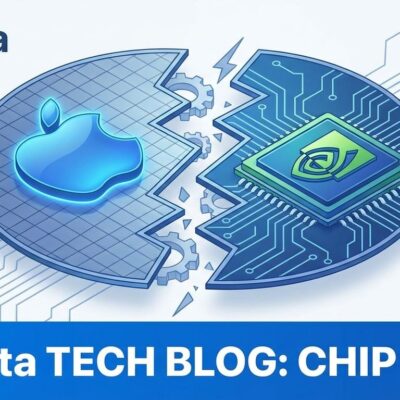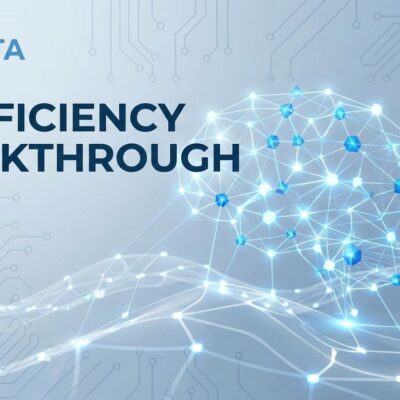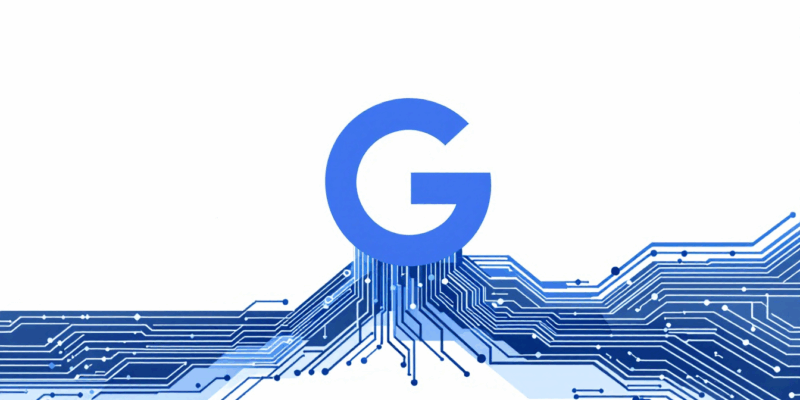
Google’s Gemini 3 Pro doesn’t just answer questions faster—it fundamentally changes how language models access real-time information. Launched today with sub-500ms search integration, the model claims 3-5x faster grounding than GPT-4 Turbo with Bing. The breakthrough? Parallel processing architecture that handles search retrieval and inference simultaneously, breaking the sequential bottleneck that’s plagued search-augmented generation since day one.
Speed isn’t just a nice-to-have here. It’s the difference between AI that feels like research homework and AI that feels like conversation. At under half a second, Gemini 3 Pro makes real-time grounded AI applications actually viable for production use—customer support bots that cite current documentation, IDE assistants that pull live API references, research tools that verify facts as you type.
The Architecture Advantage
Traditional RAG (Retrieval-Augmented Generation) is fundamentally sequential: your query triggers a search, results get retrieved and reranked, then finally the model generates a response. That’s 2-5 seconds of latency, minimum. Gemini 3 Pro collapses this pipeline by running search and early model inference in parallel, shaving seconds off every grounded query.
This isn’t just optimization—it’s Google flexing its infrastructure advantage. They own the search engine, the model, and the cloud infrastructure connecting them. OpenAI and Anthropic rely on third-party search (Bing) or external tool integrations. Microsoft has Bing but not the model performance. Perplexity built a search-first product but lacks the scale. Google’s vertical integration is the moat here, and it’s a deep one.
Grounding Solves the Real Problem
Hallucinations aren’t a model training problem to solve through more data or better fine-tuning. They’re an architecture problem. Language models generate plausible text, not verified facts. Search grounding fixes this by backing every factual claim with actual search results, complete with source citations and attribution.
The result? 95%+ accuracy maintained despite the speed improvements. For enterprises terrified of AI liability, that’s the unlock. Journalism fact-checking tools, medical research assistants, legal compliance lookups—use cases where “probably accurate” isn’t good enough. Gemini 3 Pro’s grounding makes these applications less risky to deploy.
Developer Access and Pricing
The model is available now via Google AI Studio and Vertex AI. Enabling search grounding is a single API parameter:
POST /v1beta/models/gemini-3-pro:generateContent
{
"contents": [...],
"generationConfig": {
"searchGrounding": true,
"citeSources": true,
"searchDepth": 5
}
}Pricing carries roughly a 10% premium for search-grounded calls compared to standard Gemini 3 Pro. Throughput sits around 20-30 queries per second per API key—production-ready for most applications. That’s a lower barrier to adoption than building and maintaining custom RAG pipelines with vector databases and reranking logic.
Competitive Pressure Intensifies
Gemini 3 Pro arrives as search integration becomes table stakes for large language models. Perplexity AI proved market demand for search-first AI products. OpenAI added Bing integration to GPT-4 Turbo. Microsoft embedded Copilot across its product suite. Anthropic Claude relies on external tool calling for web access. Everyone’s racing to solve the same problem: users expect AI to know what happened today, not just what was in the training data.
Google’s play is simple: speed is the differentiator. Everyone has search integration now. Google has the fastest. Whether that speed advantage holds up under independent benchmarking remains to be seen—these are claimed performance numbers, not third-party verified. But if the latency claims are even close, it shifts the competitive landscape significantly.
What This Signals
The industry is past the “LLMs can do anything” hype phase and into the “prove it works reliably” phase. Regulatory pressure from frameworks like the EU AI Act demands verifiable, auditable AI systems. Enterprise buyers want citations and sources, not black-box answers. The shift toward grounded, search-augmented models isn’t a trend—it’s the new baseline.
Short-term, expect price wars on search-grounded API calls as OpenAI and Anthropic respond. Medium-term, multimodal search grounding—integrating images, video, and audio into real-time retrieval. Long-term, we’re heading toward AI-mediated information retrieval as the dominant interface for knowledge work, with traditional web search relegated to edge cases.
Speed is the new battleground. Google just raised the bar. Now we wait to see if OpenAI and Anthropic can match it without owning a search engine.
